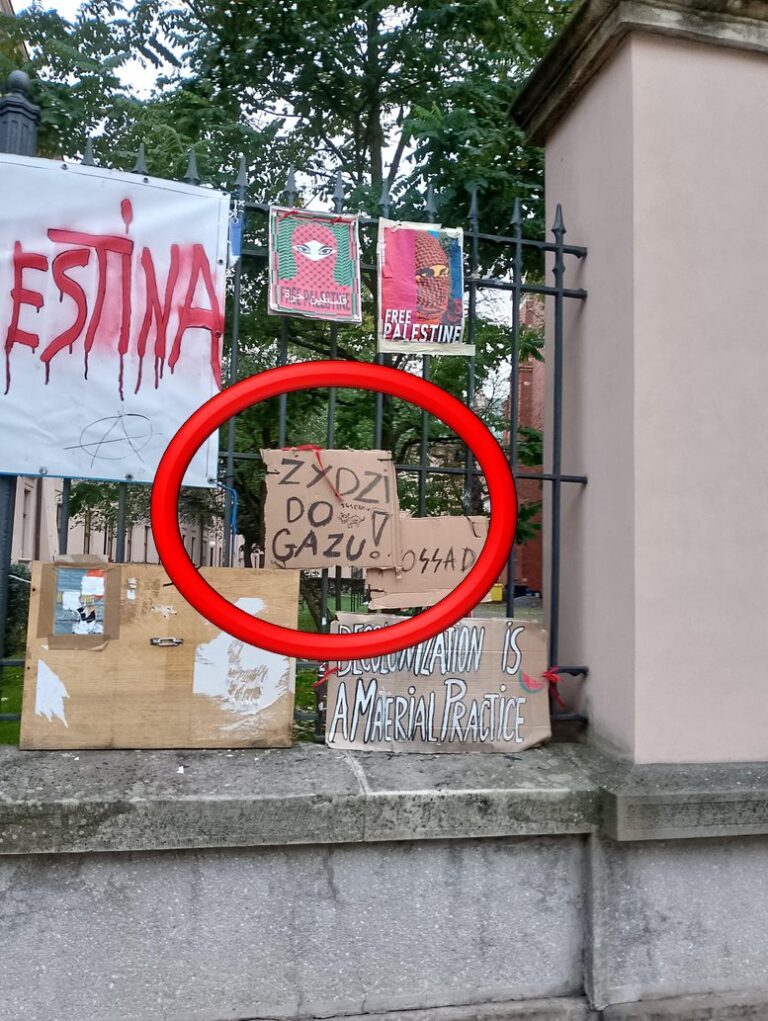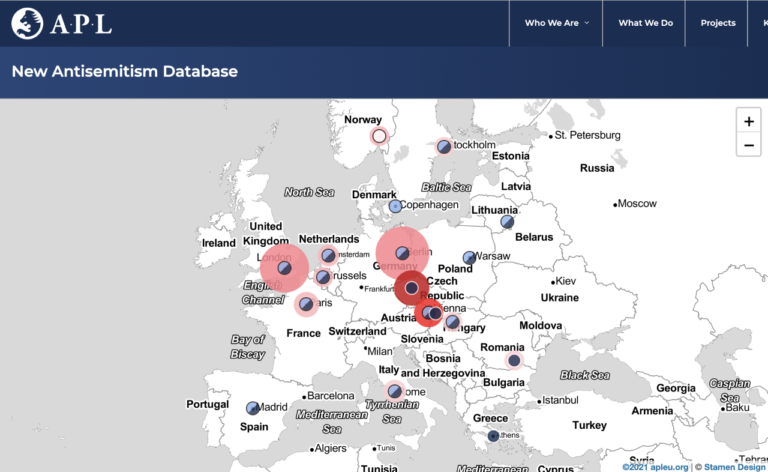A 16-year-old timed an attack on the highest Jewish holiday, Yom Kippur. The German police arrested him and his three accomplices.
On Yom Kippur, the day of atonement, the 16-year-old Syrian boy and three other people plotted an explosion attack on the local synagogue in Hagen, in the state of North Rhine-Westphalia. However, they could not carry out the attack since the German police received a tip from a foreign intelligence about an Islamist in Germany acting suspiciously online.
According to the intel gathered by the Der Spiegel news magazine in Hamburg, a young man was talking about planning an explosive attack on a synagogue in a monitored online chat, deliberately choosing the day of Yom Kippur. Allegedly, the information obtained from the foreign intelligence was very concrete, naming the attacker as well as the location and time of the attack. The probe led the police to the 16-year-old Syrian boy living with his father and two brothers in the city centre. The Düsseldorf prosecutor’s office commenced proceedings against the teenager for plotting an overtly subversive criminal activity. In the evening, the police searched the young Islamist’s flat and cordoned off the city synagogue with several police units. The police searched the buildings with sniffer dogs but found no explosives, either in the synagogue or the flat. Besides the 16-year-old, three other men were detained in a raid on an apartment near the railway station, and a suspicious car parked nearby was also searched.
The Syrian boy arrived in Germany through Beirut, with the great wave of immigration in 2015, in the framework of family reunification. His father had been living in Hagen for a few months with refugee status, and he was officially declared a refugee before long. Secret services didn’t know his son to be an Islamist; he probably became radicalised online, at home.
The International Auschwitz Committee is awaiting a reaction from the Muslim community; according to the committee’s Executive Vice President, Christoph Heuber, ‘this case is a sign that anti-Semitism is widespread among Muslim migrants.’
There was a similar anti-Semitic attack on Yom Kippur in Germany two years ago, committed by a far-right extremist who was also radicalised online. He shot two people dead near the synagogue in Halle and injured two others. The massive door of the synagogue prevented him from entering and perpetrating a massacre among the worshippers inside.







